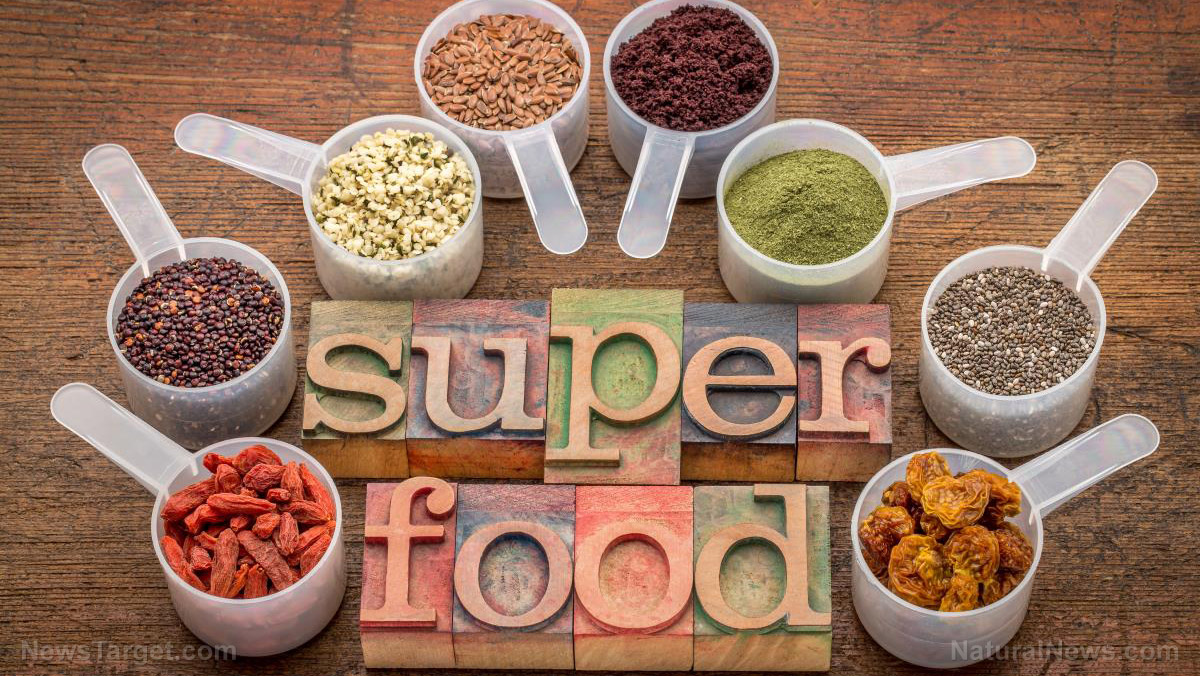 Parler
Parler Gab
Gab

Table 1
Considering that treatment was comprised of little over an ounce and one half of sesame seeds, the results were truly remarkable. As presented in Table 1 above, there was a significant difference in pain intensity between the two groups after treatment, with the sesame group seeing the largest drop from 9.5 before treatment to 3.5 after treatment, and the control group seeing a more modest drop from 9 before treatment to 7 after treatment. Additional measurements were taken using both the Knee Injury and Osteoarthritis Outcome Score (KOOS) Questionnaire and the Timed Up and Go (TUG) Test. Both tests revealed a similar degree of positive change in both treatment and control groups, when compared to baseline. [See table 2 and table 3 below].
Table 2 [KOOS]

Table 3 [TUG]
Taken together, sesame was the clear winner. Not only was this food therapy superior in reducing the intensity of pain, but it was at least equal in effectiveness to Tylenol and glucosamine in both the KOOS and TUG tests. This, of course, was accomplished without the notorious side effects associated with Tylenol; to the contrary, sesame seed has a wide range of side benefits, which we covered recently in our article on sesame's health benefits. So, how much is 40 grams of sesame seed? A tablespoon of sesame seeds is approximately 9 grams. So, approximately 4 tablespoons will get you to what the study found to be a 'clinical dose.' Also, the researchers powdered the sesame seeds in order to enhance digestion. Remember, it is best to do this fresh with a mortar and pestle (first choice) or coffee grinder, also making sure that your seeds are raw, certified organic, and vetted to have not undergone gamma irradiation. To truly appreciate the significance of this study, take a look at the growing body of toxicological research indicating that the unintended, adverse health effects of Tylenol (acetaminophen) far outweigh its purported benefits. We recently featured articles on the fact that even only occasional use of Tylenol may raise a child's asthma risk 540%, and that it may be time for the FDA to remove it from the market. For additional research on natural and/or integrative interventions for knee osteoarthritis visit our research page on the topic: knee osteoarthritis. Read more at: GreenMedInfo.comBy News Editors // Share
Healthy reasons to eat sweet potatoes
By Zoey Sky // Share
Study: Global decline in male fertility linked to common pesticides
By Olivia Cook // Share
Governments continue to obscure COVID-19 vaccine data amid rising concerns over excess deaths
By patricklewis // Share
Tech giant Microsoft backs EXTINCTION with its support of carbon capture programs
By ramontomeydw // Share
Germany to resume arms exports to Israel despite repeated ceasefire violations
By isabelle // Share










